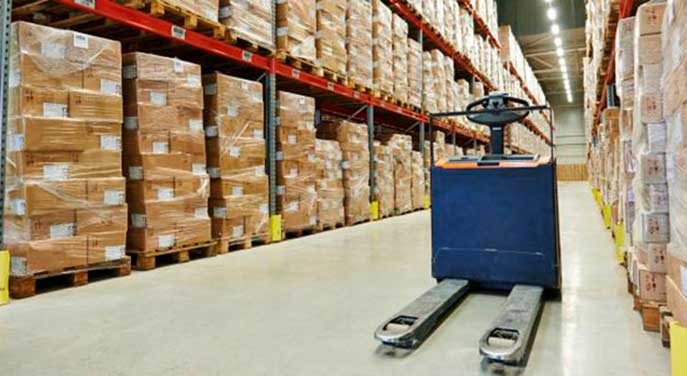 A meagre 191-word document signed by every premier this summer is being lauded as a major coup for Canada. But our optimism about the future of internal trade should be tempered by reality.
A meagre 191-word document signed by every premier this summer is being lauded as a major coup for Canada. But our optimism about the future of internal trade should be tempered by reality.
The Canadian Free Trade Agreement (CFTA) was signed at the annual premiers summit in Whitehorse. We can certainly celebrate the goodwill of our provincial leaders and we should all remain cautiously optimistic.
But it may take months before we know what products are included in the deal, or if the deal actually turns into concrete change at all.
For years, restrictions among provinces have prevented many food products – such as dairy, wine and beer – from flowing freely through the country. What will change?
The new deal is meant to revitalize the ineffective Agreement on Internal Trade. That deal was signed in 1994, at the beginning of the Chretien era. After defeating the Conservatives, who were in power for nine years, the Jean Chretien government was beginning a new mandate. There was a sense of rejuvenation within the Confederation and provincial leaders signed the agreement with confidence. A little more than 22 years later, under another new Liberal government, we are witnessing the second coming of serious efforts to deal with our internal trade quarrels.
Several events soon after the 1994 deal was signed changed the political spectrum. The leaders who had been around the table were replaced and the overwhelming sentiment of co-operation disappeared. Quebec elected a separatist government. As well, transfer payments to the provinces were reduced, and Ottawa’s honeymoon with the provinces ended abruptly. As the political landscape changed, so did internal economic priorities.
Nothing can prevent similar upheaval now. And Brexit, Trumpism and terrorist attacks in many countries show the world is a much more complicated and volatile place. CFTA could easily be forgotten or ignored in such a climate.
The hard truth is that Canada is not a trade-focused nation, particularly in agriculture and food. We trade with the world despite ourselves. With our rigid quota-based schemes, tariffs on imports, provincially-based marketing boards and liquor boards, trading food products can be challenging.
Our internal trade issues speak to a significant constitutional paradox. While our Confederation is certainly complicated to manage, our Constitution is fairly easy to interpret. Signed more than 149 years ago in Charlottetown, it offers clear provisions for enhanced internal trade. Our forefathers likely never anticipated provinces acting in contempt of the Constitution.
Now the premiers have basically agreed to agree – and nothing more. That means we may see a more detailed agreement in the future or we may not.
Hopefully, exploring options through consultation will bring us to where we need to be. But we should not be surprised if details coming out of working groups become points of contention. Keep in mind that consultations on a trade deal will be added to the 150 consultations on various issues already taking place in Ottawa. To say that Ottawa loves to consult these days would be an understatement.
In recent years, most of our trade-related attention was given to major international deals like the Comprehensive Economic and Trade Agreement (CETA) and the Trans-Pacific Partnership (TPP). Years of work went into both agreements but, due to uncontrollable factors, both agreements now seem uncertain.
We would be better off concentrating on interprovincial trade, where the economic terrain is less choppy. More internal trade is desirable for all regions and provinces. And a renewed economic focus among provinces is indispensable.
So that 191-word document takes on even greater importance. It may be meagre, but it could be the foundation for something substantial.
Dr. Sylvain Charlebois is senior director of the agri-food analytics lab and a professor in food distribution and policy at Dalhousie University.
Sylvain is a Troy Media contributor. Why aren’t you?
The views, opinions and positions expressed by columnists and contributors are the author’s alone. They do not inherently or expressly reflect the views, opinions and/or positions of our publication.


